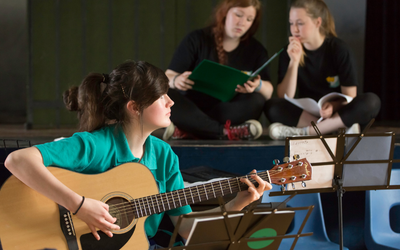

This is Trinity
This is Trinity puts a focus every month on a key topic from the world of music, drama and the wider arts.
It will provide you with a curated collection of resources, such as webinars, PDFs, videos and blogs, that explore the topics and provide you with support, advice and inspiration for your teaching and delivery of Trinity's assessment in the arts.
Bookmark the page now and check back each month for our latest update – the page will build up over the year, so don’t worry if you miss a month, you can visit previous months at any point.
If you would like to talk to us further about any of these topics (or anything else) and how Trinity can help support you and your students please contact us using the 'Want to find out more?' button featured each month.




Want to find out more?
Embracing Digital
Over the past couple of years, we've all needed to make rapid changes to our ways of working in response to an increasingly digital teaching and learning environment. This has been a huge learning curve and established teaching and assessment methods have needed to adapted to remain relevant.
This month, as well as practical guidance on how to engage effectively with Trinity’s own digital offer, we’re also sharing some experiences and advice from practitioners fully embracing the digital approach.
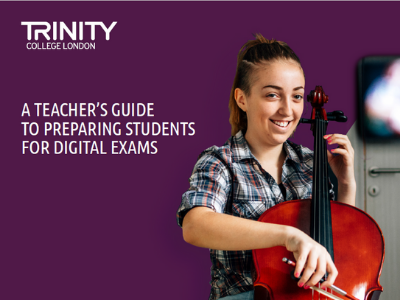
A teacher's guide to preparing students for digital exams

Why go digital for drama?

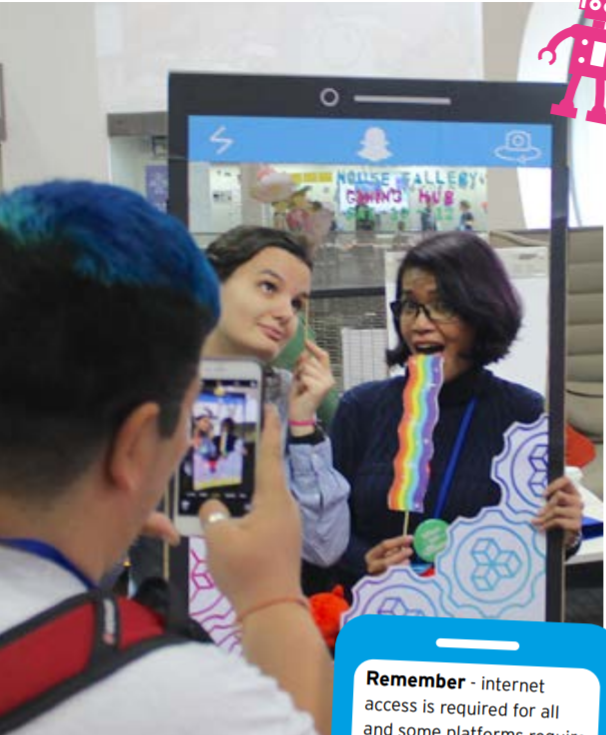
Platforms for creating digital portfolios - download (UK)
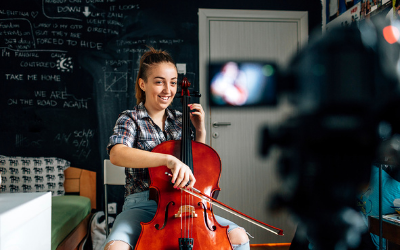
A guide to the Overall Performance criteria of Digital Grades

Music Digital Grades and Diplomas - webinar recording

Drama Digital Grades and Diplomas - webinar recording


Arts Award in the new normal - webinar recording (UK)
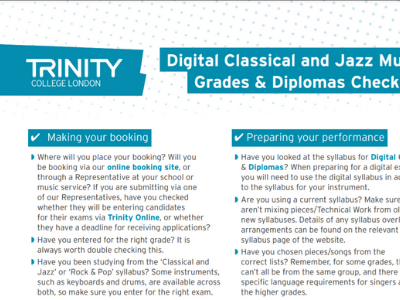
A handy checklist for entering a Classical and Jazz Digital Grade or Diploma exam (download)

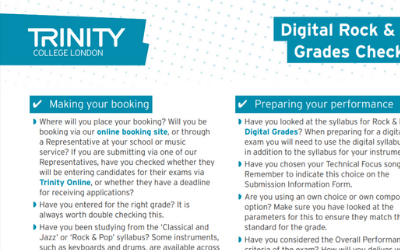
A handy checklist for entering a Rock & Pop Digital Grade exam (download)
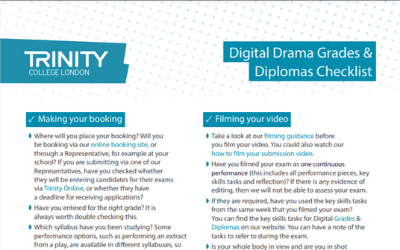
A handy checklist for entering a Drama Digital Grade or Diploma exam (download)


RockAcad - the online music school with a unique approach

Introducing Trinity's new Digital Pairs and Group Drama exams - webinar recording
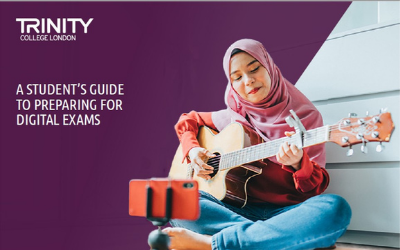
A students' guide to preparing for a Music Digital Grade or Diploma (download)

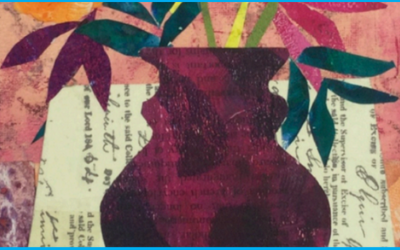
UCA - delivering visual arts programmes online (UK)
Supporting arts teachers and practitioners
We recognise that for arts teachers and practitioners the wider pedagogical support made available to you can significantly impact your teaching effectiveness and your students' experience.
Our ongoing support includes dedicated CPD sessions across a range of topics, with the flexibility to tailor to your specific needs, formal qualifications for music teachers, videos and articles that focus on performance and study skills, as well as how best to prepare students for exams and assessments.
Check out this month's selection of blogs, webinars and PDFs that will help enhance your arts teaching and practice.
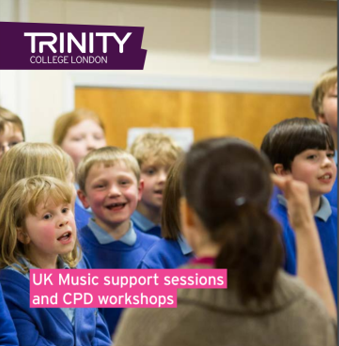
Music support workshops and CPD sessions (download)
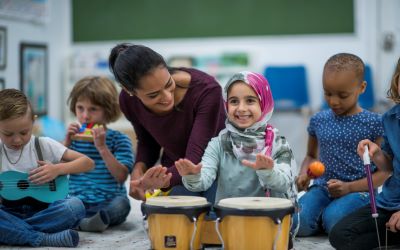
Spotlight on the Certificate for Music Educators

Certificate for Music Educators - webinar recording


How to advocate for Arts Award - webinar recording (UK)


Exploring the Rock & Pop syllabus - webinar recording


Discover 8 digital tools to support Rock & Pop teaching

Support for Musical Theatre teachers and practitioners - Trinity coffee morning - event closed
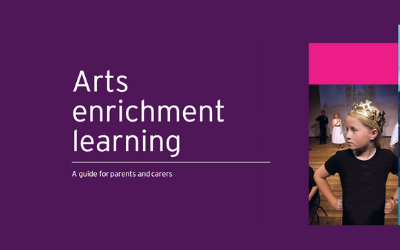
A guide to arts enrichment for parents (download)
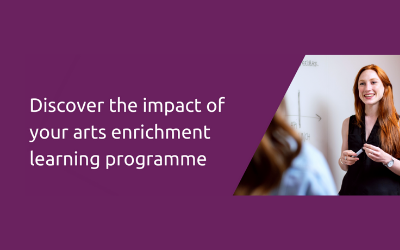
Free tool for teachers - discover the impact of your arts enrichment programme


Arts Award online group training (UK)

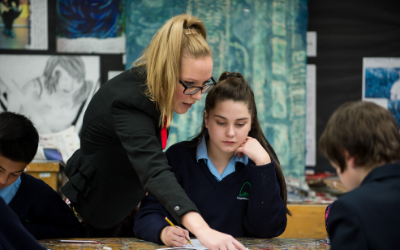
The value of CPD for teachers and arts professionals (UK)
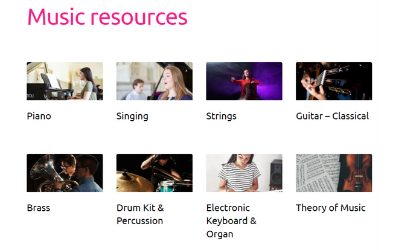
Teaching and learning resources for Trinity's Music syllabuses
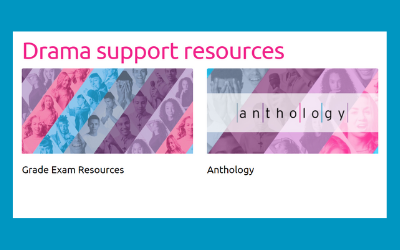
Teaching and learning resources for Trinity's Drama specifications
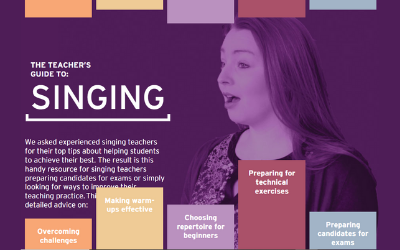
The Teacher's Guide to Singing
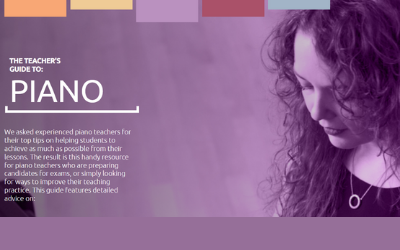
The Teacher's Guide to Piano
Supporting SEND in the arts
This month's theme brings together resources that provide information and practical tools to support arts access for young people with a range of abilities, backgrounds and individual learning requirements.
Supporting SEND in the arts includes a guide to delivering an accessible Arts Award programme, details on our adviser training courses, as well as an invite to our online Arts Award SEND networking event. You can also check out our blog about making progression and assessment accessible to all through drama, as well as our collection of drama games ideas that are suitable for mobility issue adaptations.

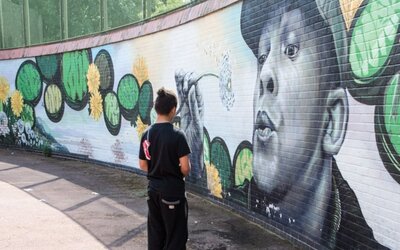
Delivering an accessible Arts Award - webinar recording (UK)

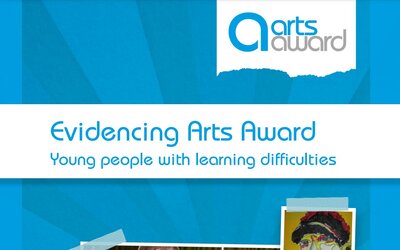
Arts Award evidencing resource for young people with learning difficulties - download (UK)

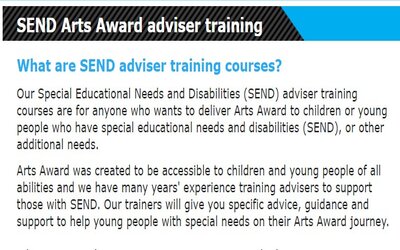
SEND Arts Award Adviser training opportunities (UK)

Making progression and assessment accessible to all through drama


Arts Award and SEND - Arts Award coffee morning - event closed (UK)

A growing range of Trinity's music books are now available on RNIB Bookshare
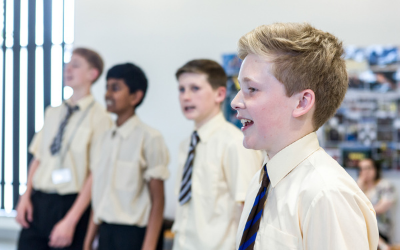
Drama games ideas suitable for mobility issue adaptations

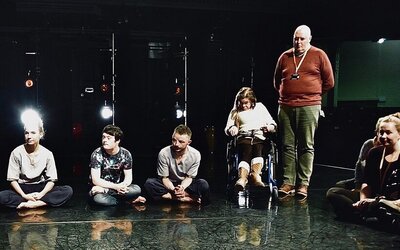
Access Fund in focus: MeshDance, the inclusive youth dance company (UK)

%20EDIT.jpg)
Arts Award Bronze: Thinking outside the box at Rossendale School (UK)
Personalised arts learning
At Trinity, we encourage and facilitate personalised arts learning across a whole spectrum of qualifications, assessments and resources in music, drama and the wider arts.
Personalised arts learning can take many forms, for example through creative composition, tailoring a digital exam performance, selecting a preferred text for drama or choosing a specific medium you are passionate about to explore art and creativity. This month's This is Trinity theme brings together resources that support arts learning that is uniquely tailored to drive success.
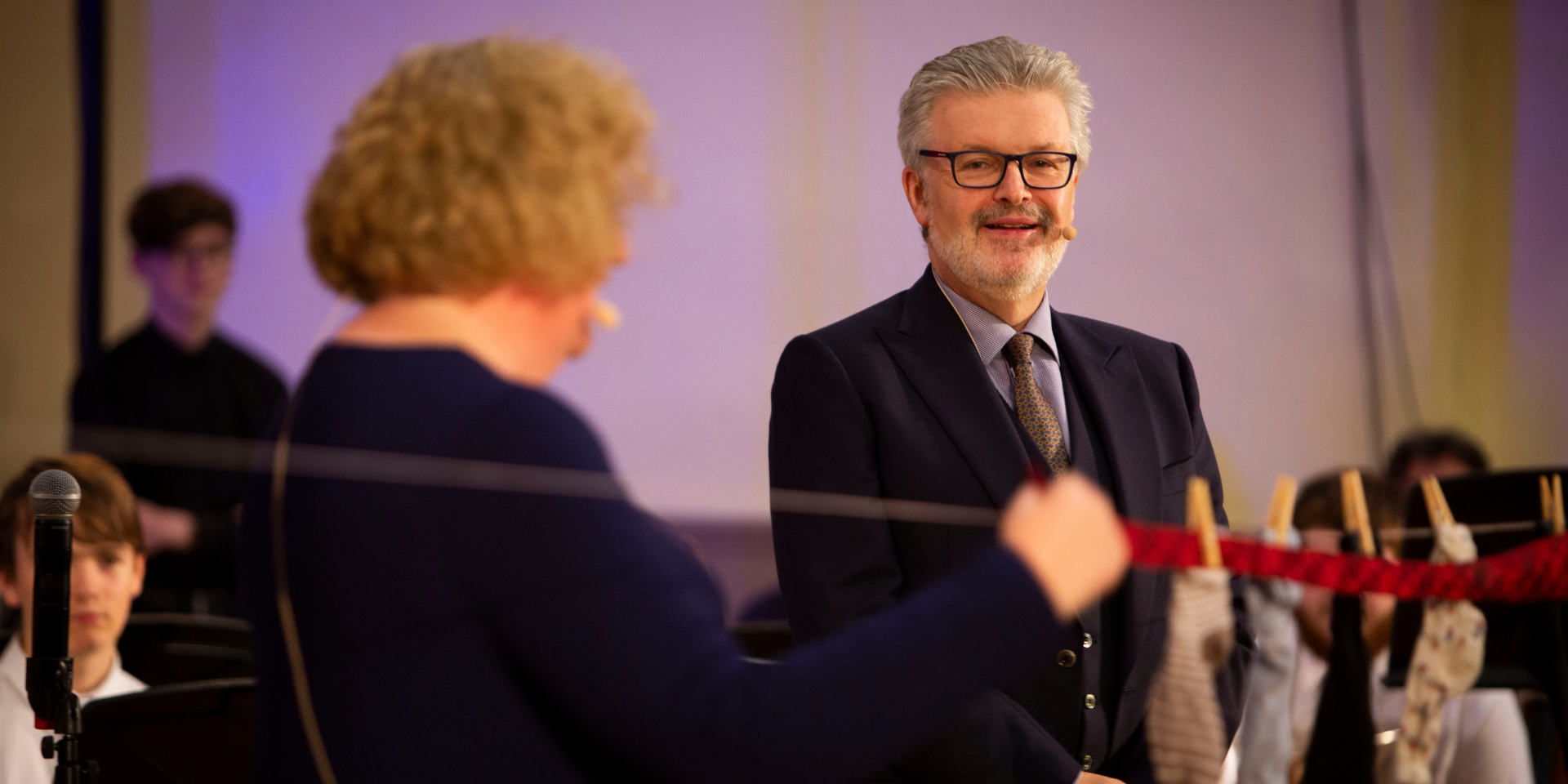
Sir James MacMillan: Making the case for composition in the classroom
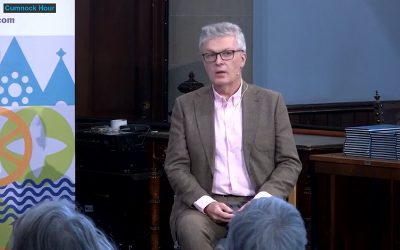
Creative Composition for the Classroom - panel discussion with Sir James MacMillan
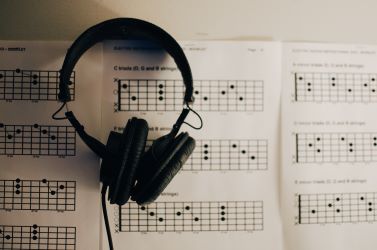
Finding their voice: progress through composition

Making an event out of recording a digital exam

The Overall Performance criteria - presenting your personal performance

Personalisation of learning in drama exams

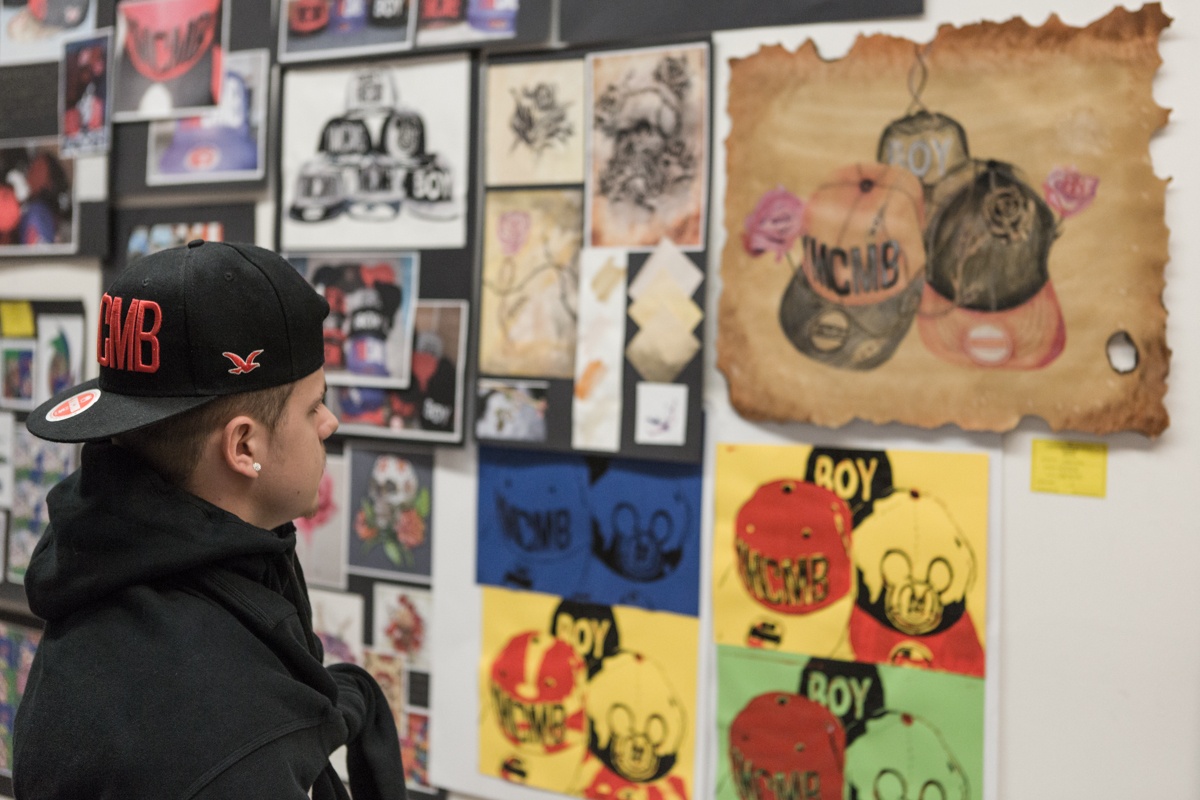
Co-producing arts rich projects with young people - webinar recording (UK)

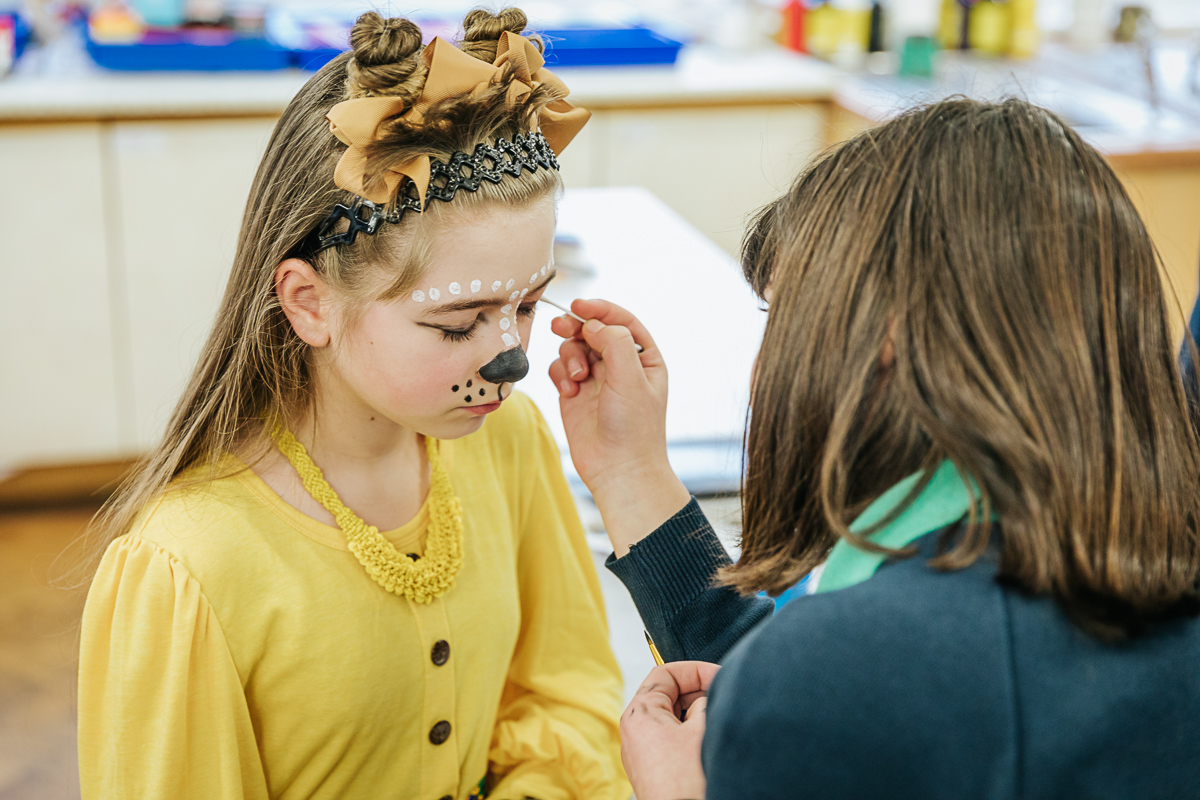
Personalising Arts Award (UK)

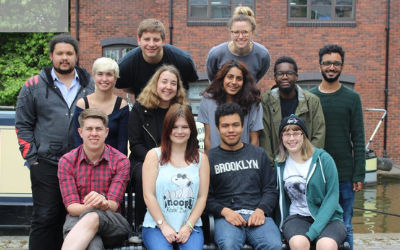
Youth Engagement: Personalising your offering (UK)
Music Hubs & Services
Music Education Hubs and Services have a huge role to play in supporting the next generation of musicians and music lovers across the UK.
We hope that this month's theme will help you to identify how Trinity can provide support and add value to you and your local teachers and learners.
%20rsz.jpg)
How Trinity can support Music Education Hubs & Services

Enhancing delivery of the Model Music Curriculum

.png)
Arts Award in music education settings (UK)

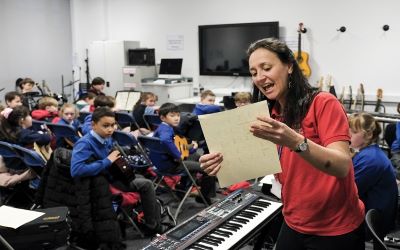
Top 5 Tips for delivering Arts Award Discover to whole classes (UK)

Becoming a validated Trinity Certificate for Music Educators course provider

Certificate for Music Educators - webinar recording

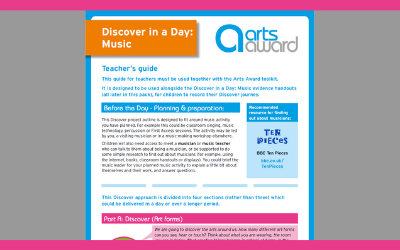
Discover in a Day for Music resource - download (UK)

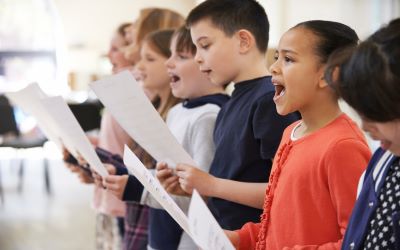
Arts Award and Music resources (UK)

Progression with assessment for Music Education Hubs and Services - networking - event closed

How does Trinity’s Musical Theatre offer set students up for success?

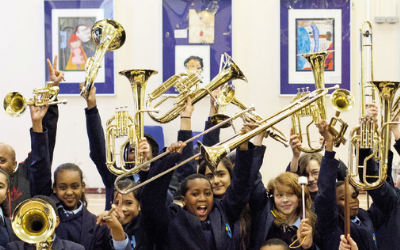
Arts Award and Music - download (UK)
-4.png)
How Musical Theatre exams led one student to choose performing arts at university
Music making in a primary setting
June 2022 marks the 150th anniversary of the founding of the Trinity College of Music in 1872. Just five years later, with the establishment of Trinity College London the college introduced to the world the idea of formal graded assessment in music, with the first ever exams available for external candidates.
Hundreds of thousands of candidates have taken a Trinity assessment since then, encouraged by our belief that effective communicative and performance skills are life enhancing, know no bounds and should be within reach of us all.
For many candidates, their first experience of the joy in music performance will be in the primary school environment. Those first experiences can start young people on a wonderful journey of creativity and expression. At Trinity we continue to support teachers and students at the beginning of that journey and this month we're highlighting some of the resources and professional development opportunities available for music making in the primary setting.

.png)
Delivering Explore: Music - Teacher guide and pupil handouts - download (UK)


Music Making in the Primary Classroom - Arts Award & Charanga - 9 June via Zoom (UK)

Singing in the primary classroom networking event - 21 June 2022 via Zoom (UK)

Supporting and developing the next generation of music teachers

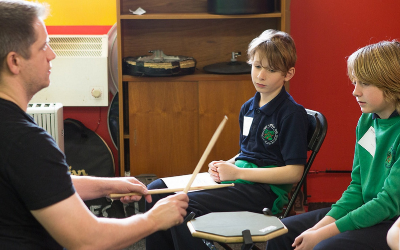
Rock & Pop in the classroom - using resources for classroom teaching

-4.png)
Making the most of the BBC to achieve an Arts Award (UK)

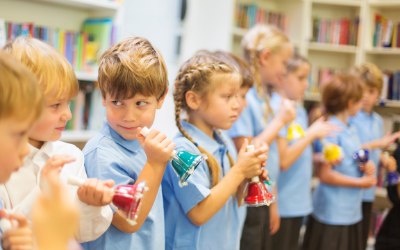
Arts Award and the Model Music Curriculum (UK)


Capturing the joy of Whole Class Instrumental Teaching through Arts Award
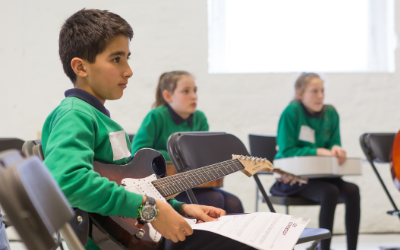
Developing early music theory and knowledge in a primary setting
Progression and employability
Making progress in the arts - or indeed any other subject - is so important to learners and educators, especially when this contributes towards milestones such as securing a job or a place on a further study course. The arts have great potential to develop students' skills and knowledge, in due course making a direct contribution to the economy through the many employment opportunities within the creative sector, or other industries.
Progression and employability is the focus of This is Trinity for July and this month we explore the different ways that the arts develop key skills that will enhance future prospects and develop crucial employability skills.
In our 150th year, we are particularly proud to highlight the ways that our music, drama and Arts Award assessments support learners to develop skills that will serve them well in the future, and also to shine a light on some of the Trinity graduates who are now enjoying success in their chosen creative careers.


Equipping future professional musicians through authentic assessments


Trinity Rock & Pop: Real Songs | Real Skills | Real Progress - webinar recording

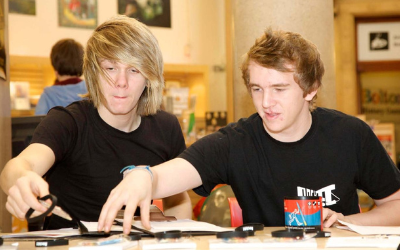
Arts Award and employability resource - download (UK)

Professional performing arts training – supporting the next generation of West End performers

Drama success stories - how Professional Performing Arts Diplomas (PPAD) help professional performers build their careers
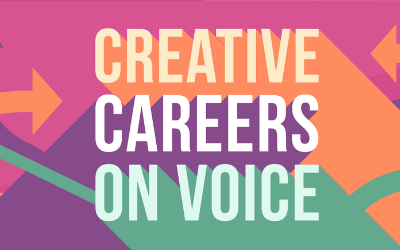
Creative Careers on Voice magazine - for interviews and features about the world of work in the arts (UK)

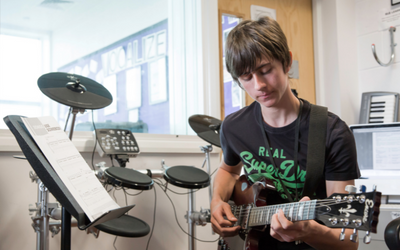
The value of Session Skills in Rock & Pop exams

Developing employability, communication skills and routes into industry - 12 July via Zoom

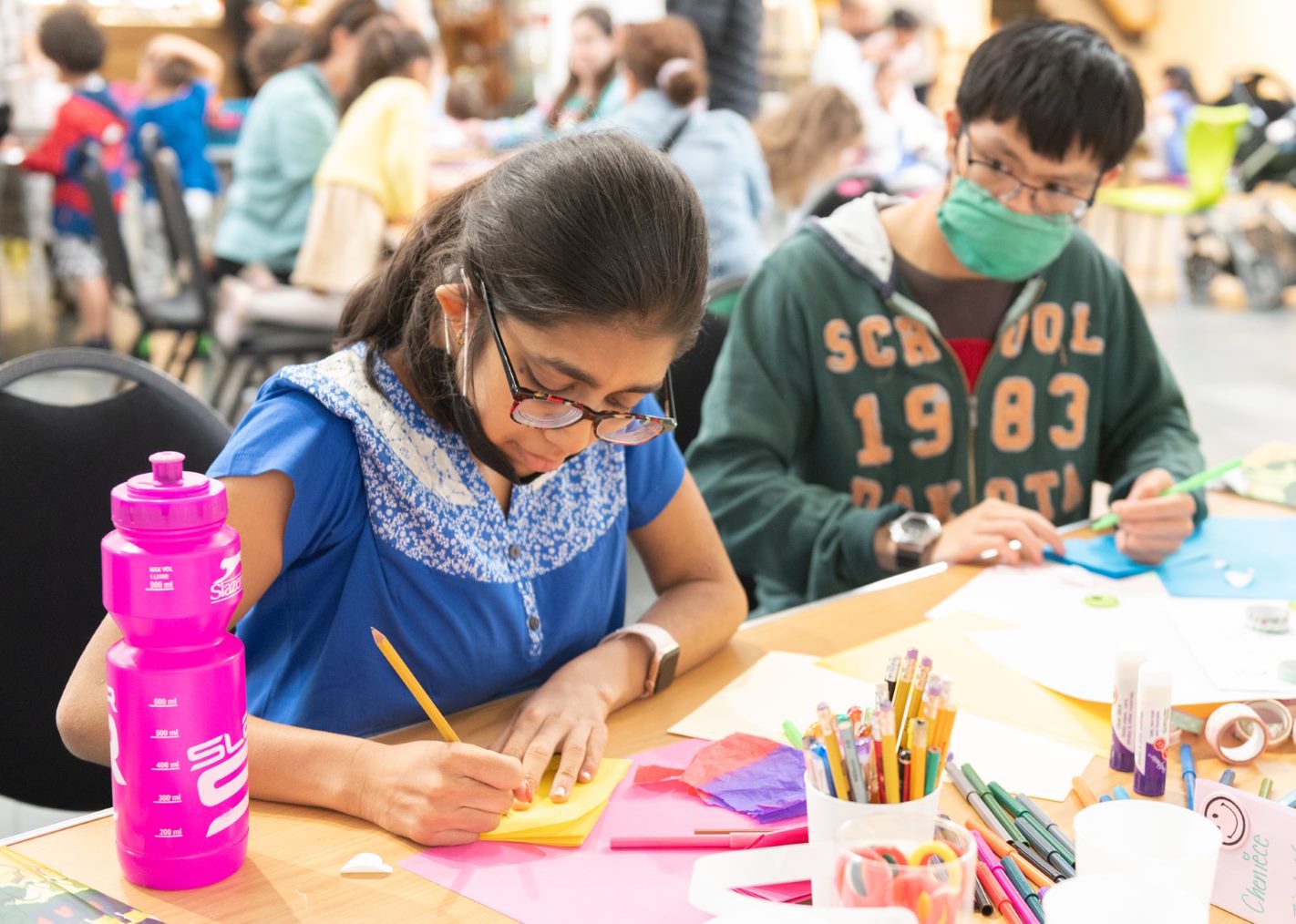
SEN Work Experience and Arts Award at artsdepot (UK)
Equality, Diversity and Inclusion
This is Trinity’s theme this month puts a spotlight on equality, diversity and inclusion in the context of arts education and looks at how the flexibility and range of the Trinity offer is designed to support all learners to make progress and achieve.
At Trinity, inclusion is not only a theme that runs through our qualification design and exam options, we also offer funding to support access to arts education to groups who face particular barriers.
Over the last 150 years, Trinity has evolved and grown, and so has our commitment to ensuring that arts education is accessible to those from diverse backgrounds and varying circumstances. our resources this month bring together ways in which equality, diversity and inclusion continue to inform our work.
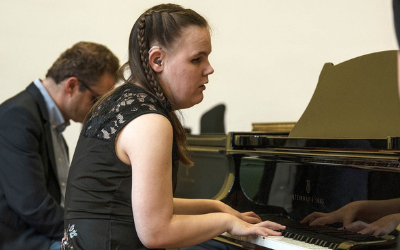
New! Awards and Certificates in Musical Development (UK & Ireland)

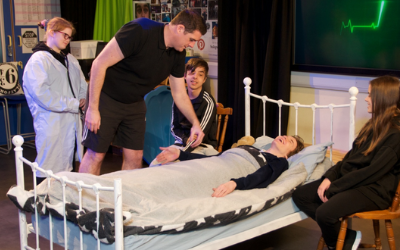
How Bronze Arts Award is supporting one student's musical theatre ambitions (UK)

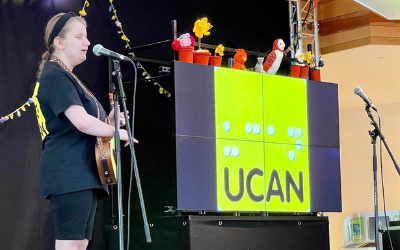
Using Arts Award to support vision-impaired young people (UK)
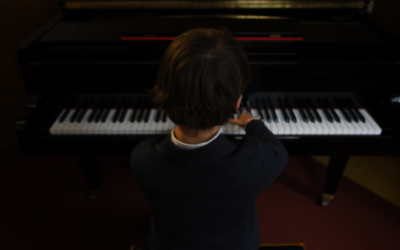
Access Fund: Unlocking doors and supporting aspirations (UK & Ireland)

Examining change: What is Trinity College London doing to decolonise?
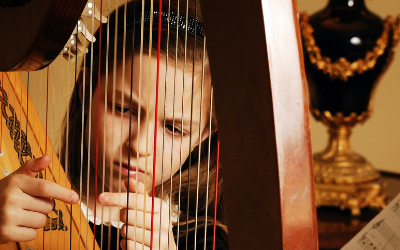
Supporting musical progression for students with SEND

Women composers in Trinity's music syllabuses
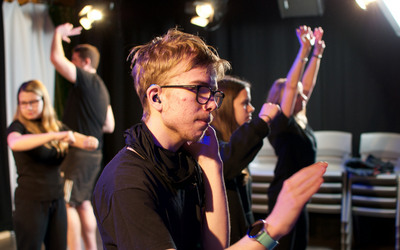
Silver & Gold Arts Award for young people with SEND
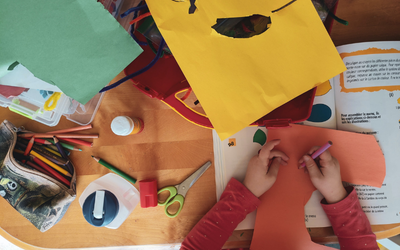
Delivering Arts Award with refugees and Asylum-Seeking Children
Meeting strategic aims
This month’s focus for This is Trinity switches to the topic of meeting strategic aims. As a commercial business and educational charity Trinity supports a variety of organisations in their journey from where they are to where they want to be – from state and independent schools, Music Hubs and Services to Local Cultural Education Partnerships.
We do this through a broad range of products and CPD that can support specific educational initiatives such as Progress 8, whole class ensemble teaching, the National Plan for Music Education and Artsmark.
Take a look at this month's resources to see how we can help you achieve your strategic aims through assessment, content and training which is innovative, personal and authentic.
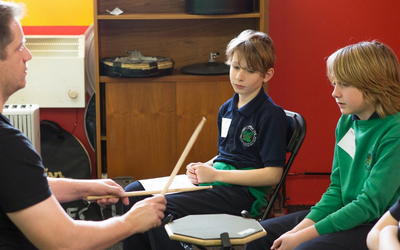
How Trinity supports Music Education Hubs and Services


Using Arts Award for audience development (UK)


Arts Award and the Expressive Arts Curriculum in Wales (UK)

Supporting the Welsh National Plan for Music Education
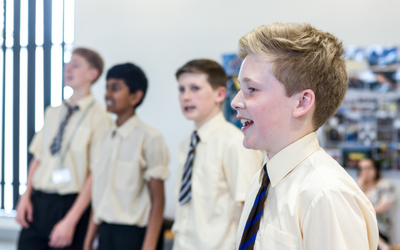
Linking graded music exams to Progress 8

Why your students need great communication skills (and tips to help you develop them)

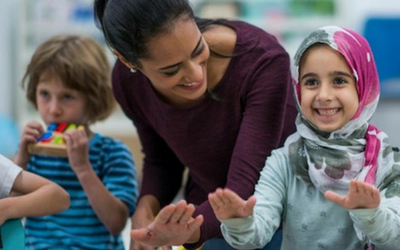
The Local Cultural Education Partnership offer from Arts Award (UK)


Arts Award and the Ofsted evaluation framework for schools (UK)


How Arts Award supports the Artsmark Journey (UK)

Supporting Music Hubs to deliver the National Plan for Music Education (UK)

-Sep-13-2022-02-37-07-69-PM.png)
Supporting the National Plan for Music Education through Arts Award (UK)
Singing
As we roll forwards into autumn, our theme for this month’s This is Trinity resource is singing! As one of the most easily accessible routes into music, singing is often one of the earliest experiences young people will have in musical performance, whether through Whole Class Ensemble Teaching or performing in a school assembly, choir or production.
Trinity provides a variety of opportunities for candidates to engage with singing: Whether through our Singing syllabus, or Trinity Rock & Pop Vocals syllabus for those preferring a more modern approach; to Musical Theatre in our Drama syllabus and also through Arts Award with young people able to explore the history and career of singing artists as well as reflecting on their own learning through singing.
This month’s resources include direct advice and ideas from singing teachers in our Teacher's Guide to Singing, and blogs exploring why singing is good for pupil wellbeing and how Arts Award and singing can transform a primary school.

The Teacher's Guide to Singing
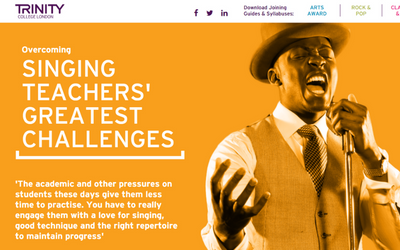
Overcoming singing teachers' greatest challenges

Five ways Musical Theatre exams help retain students

How does Trinity’s Musical Theatre offer set students up for success?

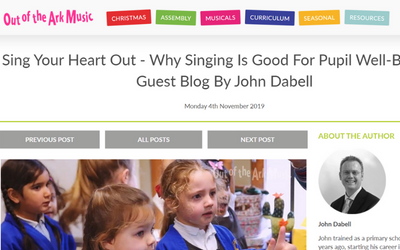
Why singing is good for pupil wellbeing (External blog)

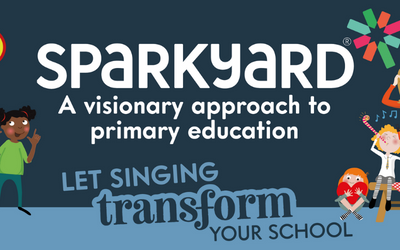
Transforming your primary school through singing and Arts Award
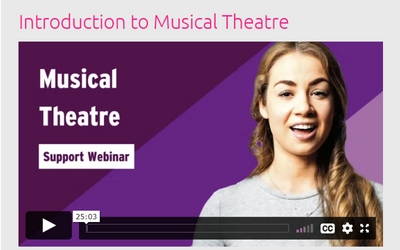
An introduction to Musical Theatre

Introducing music exams (singing) to your theatre school

The benefits of singing in a different language
Supporting learners
We support more than 850,000 candidates a year to take our assessments. And this goes beyond providing an exam or moderation, or even providing learning resources for candidates for exam preparation. We recognise that for a culture of arts learning to flourish, it is important for students to feel confident and empowered to make choices related to their learning.
And that is why our support for candidates encompasses collaboration with partner organisations directly supporting young people in the arts, charitable and public benefit activities to promote music education and practice to students, along with direct grants to students facing barriers to accessing the arts, through our Access Fund programme.

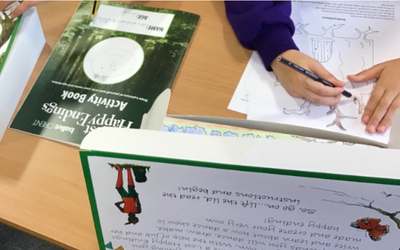
Celebrating Arts Award in the North East featuring balletLORENT (UK)
.png)
Access Fund (UK and Ireland)

.png)
Arts Award Discover resources for students and teachers (UK)
.png)
'Meet the examiner' drama support videos

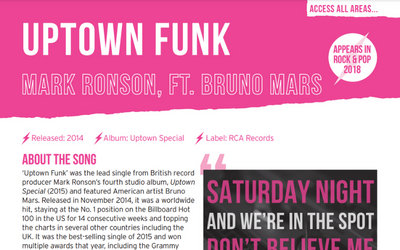
Rock & Pop Producer's Notes


Case study: Woodlands School

.png)
Arts Award Voice Revisited: a one-stop-shop for young people doing their award (UK)
Celebrating achievement
Whether through our success stories of candidates, alumni teachers and parents, our Trinity Champion Centres or Access Fund recipients, we're highlighting the people and organisations who have reached new heights.
We're also offering resources to help you maximise your teaching success, from our tool to help you uncover the impact of your arts enrichment programmes, to our guide to Gold Arts Award.

Free tool for teachers - discover the impact of your arts enrichment programme

Drama success stories - how Professional Performing Arts Diplomas (PPAD) help professional performers build their careers

Access Fund: Unlocking doors and supporting aspirations (UK & Ireland)
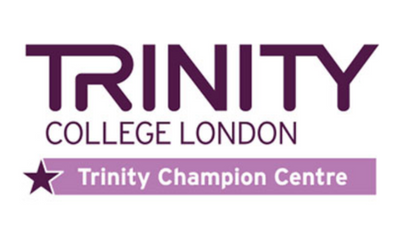
Introducing Trinity Champion Centres 22/23

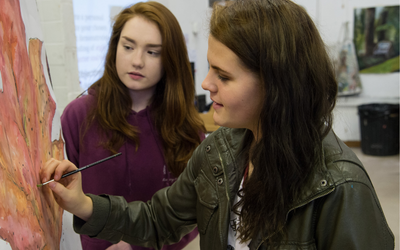
Access our guide to Gold Arts Award

Read Trinity success stories
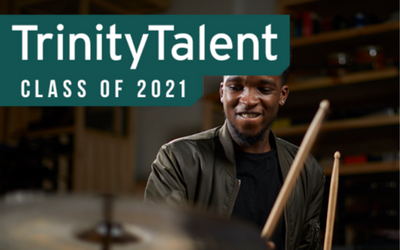
Revisit TrinityTalent | Class of 2021
